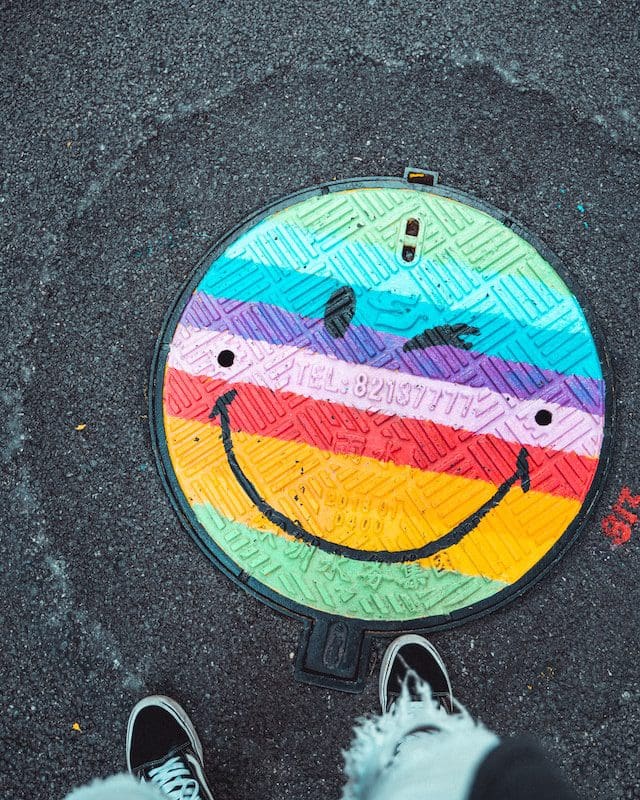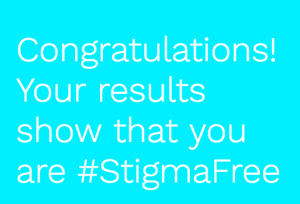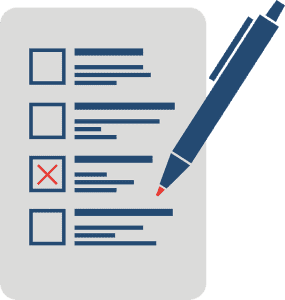
Dealing with Burnout
October 9, 2018 in Educate Yourself
 It can be difficult not to get overwhelmed with a heavy workload, whether it be for school, a job, or even being tasked with chores and errands. Sometimes, the stress associated with work and a large amount of things to do, no matter if you enjoy it or not, can lead to burnout, or an extended period of time that involves a decline in job performance. This is due to exhaustion and a lack of interest in things, particularly because of overworking.
It can be difficult not to get overwhelmed with a heavy workload, whether it be for school, a job, or even being tasked with chores and errands. Sometimes, the stress associated with work and a large amount of things to do, no matter if you enjoy it or not, can lead to burnout, or an extended period of time that involves a decline in job performance. This is due to exhaustion and a lack of interest in things, particularly because of overworking.
Up until recently, burning out has been associated with the workforce and jobs, and mostly with adulthood. However, studies are showing that burnouts can also occur with students, stating that the expectations that come with academic performance are similar to those in a career field. Not all burnouts result from a heavy workload though: things like a lack of support from peers, others’ success, and a lack of control can all contribute as well. They can all make you feel that you have to work even harder, or the pressure can get to be so much that it feels overwhelming, and the chances of burning out begin to significantly increase.
At a first glance, the symptoms of burnout are similar to those seen in depression, such as exhaustion, a loss of interest in things, pessimism, and poor performance. While burnout comes from external factors and depression is psychological, the two can influence each other. In fact, a study on adolescent burnout and depression has shown that the relationship is reciprocal. Those who experience burnout can later experience more severe symptoms of depression, and those who have depressive symptoms are more likely to experience burnout.
 Now that burnout is starting to be applied to adolescents as well, we can start to discuss just why today’s teenagers and young adults are experiencing it. As the study we mentioned states, burnout and depression can go hand in hand, and other studies have started to see an increase of depression in adolescents compared to those in the past. This doesn’t have to include clinical depression either: one in three adolescents experience depressive symptoms. The pressures placed on students doesn’t help either, especially with the increased feeling of competition with few spots for rewards.
Now that burnout is starting to be applied to adolescents as well, we can start to discuss just why today’s teenagers and young adults are experiencing it. As the study we mentioned states, burnout and depression can go hand in hand, and other studies have started to see an increase of depression in adolescents compared to those in the past. This doesn’t have to include clinical depression either: one in three adolescents experience depressive symptoms. The pressures placed on students doesn’t help either, especially with the increased feeling of competition with few spots for rewards.
The solutions offered to cope with burnout are similar to those if you’re also experiencing depressive symptoms. These include getting more sleep, unplugging, or finding non-academic or work-related activities to ease your mind. Each person is different however, and it’s up to you to play around and decide what the best ways to avoid feeling overwhelmed are.
Do you think you’ve experienced burnout? Why do you think adolescents are more at risk of experiencing it now? What do you do if you’re feeling overwhelmed from school and/or work?






 It’s almost pointless to constantly discuss the effect that social media has on our interactions and communication without having the information to back it up. There are almost always surveys and polls released to see how people, adolescents in particular, are using social media and the effect it has on them. We’ve taken a couple of recent ones to see what the most up-to-date statistics say (but for all we know, there may be something completely new – after all, trends are always changing!).
It’s almost pointless to constantly discuss the effect that social media has on our interactions and communication without having the information to back it up. There are almost always surveys and polls released to see how people, adolescents in particular, are using social media and the effect it has on them. We’ve taken a couple of recent ones to see what the most up-to-date statistics say (but for all we know, there may be something completely new – after all, trends are always changing!). notes that when this was last conducted six years ago, the number was less than half at 41%.
notes that when this was last conducted six years ago, the number was less than half at 41%. makes
makes 
 At a first glance, it can be difficult to tell the difference between wanting to be alone versus loneliness. When we spend a long time in the company of others, we may need some time by ourselves to recharge (this is a defining trait for introverts, but isn’t just limited to them). By being alone, we can do whatever we want without judgment, nor do we have to feel compelled to encourage and continue a conversation.
At a first glance, it can be difficult to tell the difference between wanting to be alone versus loneliness. When we spend a long time in the company of others, we may need some time by ourselves to recharge (this is a defining trait for introverts, but isn’t just limited to them). By being alone, we can do whatever we want without judgment, nor do we have to feel compelled to encourage and continue a conversation. quick to assume that social media is a major reason as to why teenagers feel so alone, from FOMO to the lack of face-to-face interaction, but an interview with British teenagers
quick to assume that social media is a major reason as to why teenagers feel so alone, from FOMO to the lack of face-to-face interaction, but an interview with British teenagers 




 Politics have become a part of everyday conversation, as naturally brought up as the weather or celebrity gossip. The is especially true for the latter, as politics are almost one in the same with celebrity news. After 2016, the amount of activism and speaking up from entertainers has significantly increased, especially so in the last few weeks. If you were scrolling on your feeds this Tuesday, you may have noticed a few posts and stories about how it was
Politics have become a part of everyday conversation, as naturally brought up as the weather or celebrity gossip. The is especially true for the latter, as politics are almost one in the same with celebrity news. After 2016, the amount of activism and speaking up from entertainers has significantly increased, especially so in the last few weeks. If you were scrolling on your feeds this Tuesday, you may have noticed a few posts and stories about how it was  And as the discussion about mental health has increased, so has its role in elections. There’s the obvious toll that elections can take on one’s mental health. The 2016 election nearly two years ago caused a phenomenon known as “Post-Election Stress Disorder” due to the stressful environment. There was an
And as the discussion about mental health has increased, so has its role in elections. There’s the obvious toll that elections can take on one’s mental health. The 2016 election nearly two years ago caused a phenomenon known as “Post-Election Stress Disorder” due to the stressful environment. There was an 
 Bullet journaling can also be used as a habit tracker. Here, you can list what you did that day, from the mundane as coffee intake to the accomplishments such as working out. In conjunction, you can also have a section for a mood tracker for the day, making a note about how you’ve felt that day, maybe on a scale from 1-10, maybe with a simple smiley or frowny face. You can use either or both to
Bullet journaling can also be used as a habit tracker. Here, you can list what you did that day, from the mundane as coffee intake to the accomplishments such as working out. In conjunction, you can also have a section for a mood tracker for the day, making a note about how you’ve felt that day, maybe on a scale from 1-10, maybe with a simple smiley or frowny face. You can use either or both to 


Recent Comments